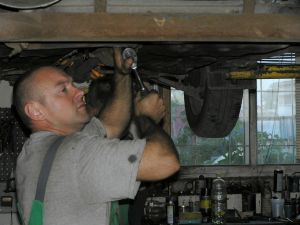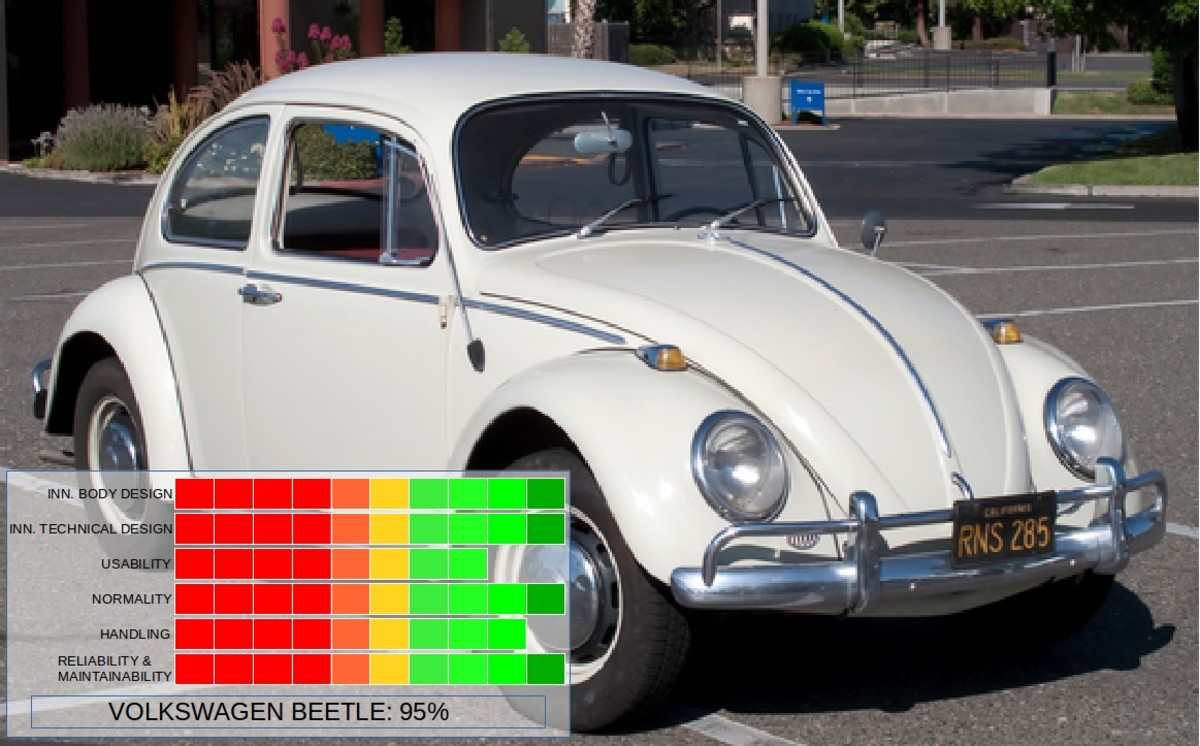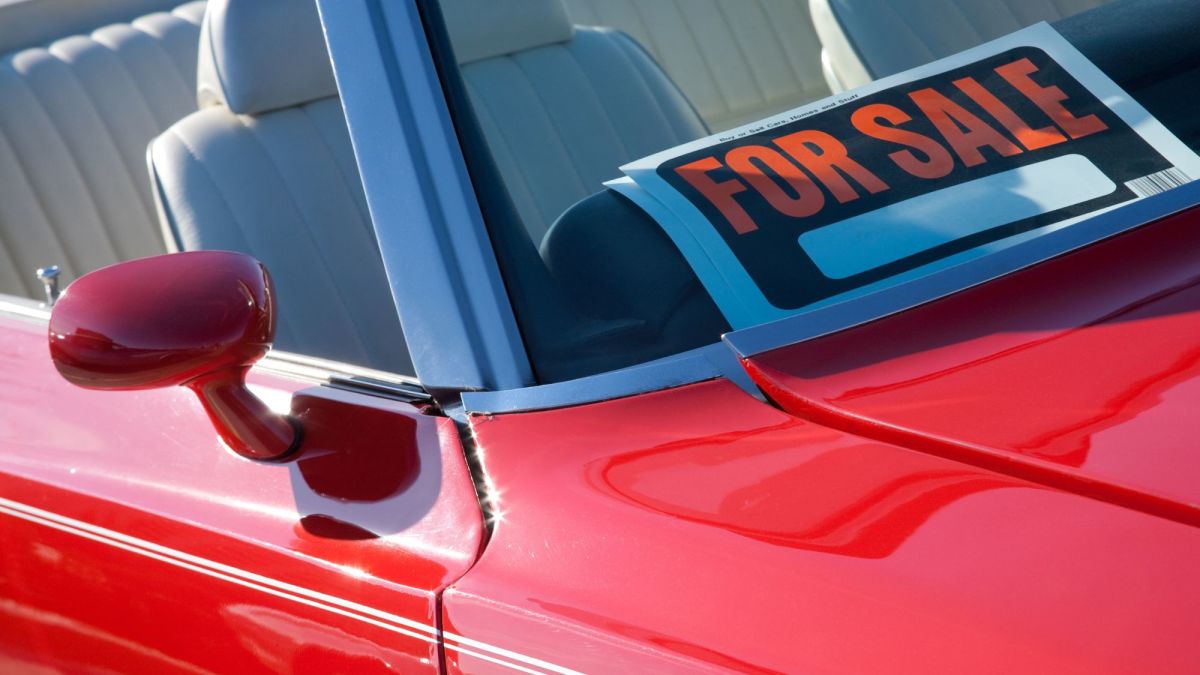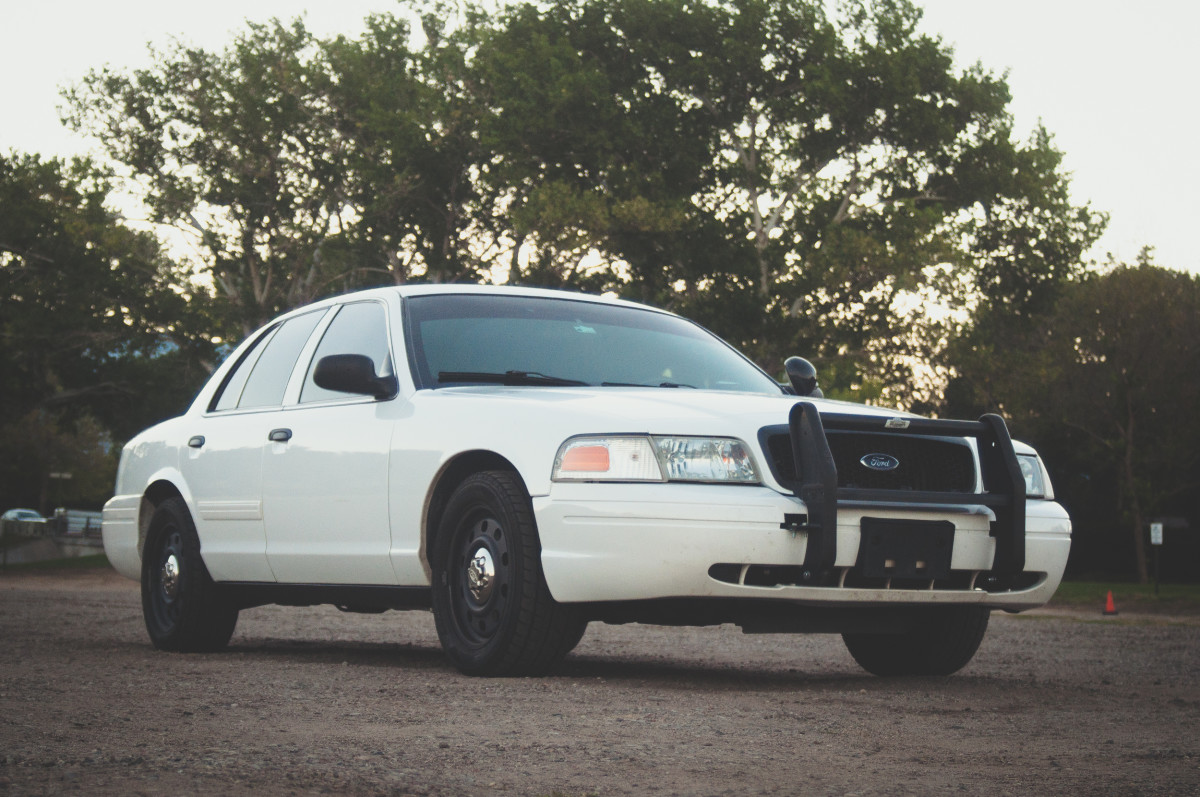Six Tips to Find a Reliable Used Car

If you’re in the market for an automobile, but don’t want to bear the brunt of a new vehicle’s depreciation as soon as you drive it off the dealer’s lot, a used car is a frugal option. Unfortunately, buying a used car can be risky. While there’s no surefire way to ensure that you aren’t purchasing another individual’s problems, there are smart ways to reduce your risk and choose a reliable used car rather than a lemon.
1. Look For Low Mileage Used Vehicles
The newer a car is, the better its condition, right? Not necessarily. This adage holds true in many cases, since newer cars typically have fewer miles on the speedometer. Mileage is one of the most important indicator’s of a car’s reliability.
No car, no matter how well-built or well cared for, is going to last forever. The more miles the vehicle has been driven, the more wear and tear its mechanical components have endured – regardless of the vehicle’s year model or how good it appears on the outside.
- The Best and Most Reliable Used Cars: Buying Guide
For many, the best used cars are the most reliable used cars. Small compact cars, hybrid cars and family sedans last longer than SUVs and pickup trucks.
2. Buy From a Reliable Used Car Dealership
How do you know that a used car dealership is reliable? You don’t, but you can get a pretty good idea of the dealership’s track record by checking the company’s record with the Better Business Bureau. The BBB keeps track of consumer complaints against members over the last 36 months. Even small car lots are often BBB members.
Although a BBB report does not provide you with the exact complaints consumers have lodged, it does notify you of the nature of each complaint. For example, if past customers have had trouble getting the used car dealership to honor its warranties, that’s a red flag. Online reviews also provide you with candid assessments of the dealership’s policies and the circumstances surrounding past sales.
3. Ask About a Used Car Warranty
The best warranties, by far, are those offered by the manufacturer. Many manufacturer warranties transfer in full each time the vehicle is sold. Thus, you can sometimes purchase a used car while still enjoying the security provided by the manufacturer’s warranty.
Don’t be duped into purchasing an extended warranty through the dealership, however, Dealership warranties are almost always pricier than those you can purchase yourself online.
- Used Car Buying Guide: The Best Transferable Factory Warranties
The longer a new car's factory warranty, the more protection a second owner gets when buying it as a used car - if the warranty transfers to a new owner.
4. Get a Pre-Purchase Inspection
Just because the car drives good, looks good and sounds good, that doesn’t mean that something isn’t wrong with the vehicle’s internal mechanics. A pre-purchase inspection provides you with a full list of a used car’s potential problems. Not only does this help prepare you for what may go wrong after buying the car, it arms you with an excellent price-negotiation tool.
Don’t assume that “certified” used cars don‘t need to be inspected. Remember, certified used cars were inspected by the dealership, not a neutral third party. The dealership has a vested interest in certifying a vehicle, even if it has internal problems. Not only do certified cars give consumers a feeling of trust, they sell for higher prices than non-certified cars. Always request your own inspection.

6. Research the Used Car Year Model
Different year models of vehicles have different issues that pop up during ownership. The internet is an excellent resource to help you research any potential problems common with that year model and either look for those issues yourself or point them out to your inspector prior to your pre-purchase inspection. A few minutes of research can help you avoid inadvertently buying a lemon.








